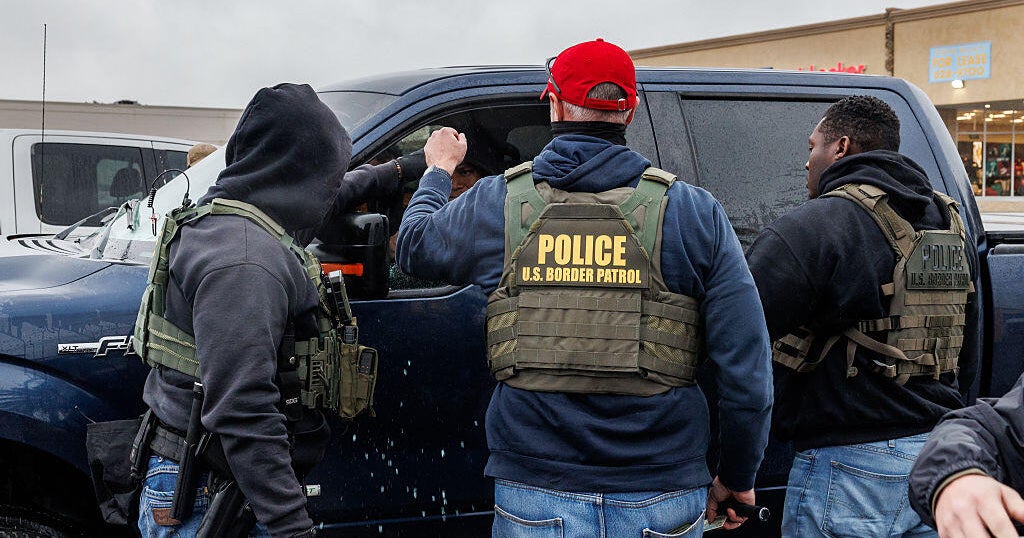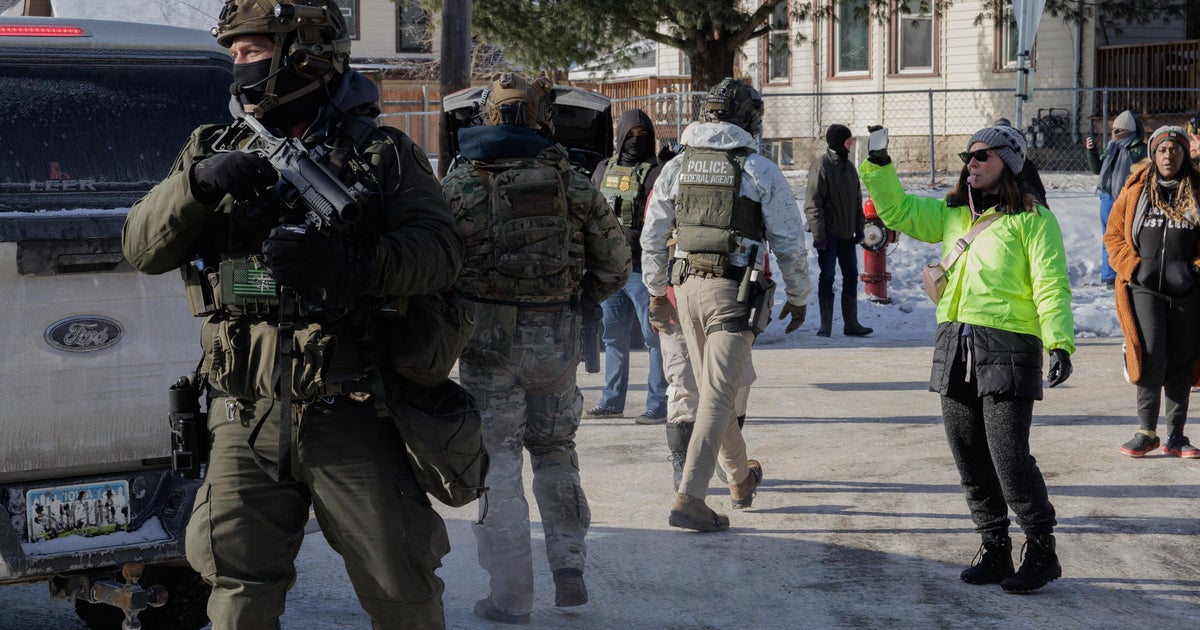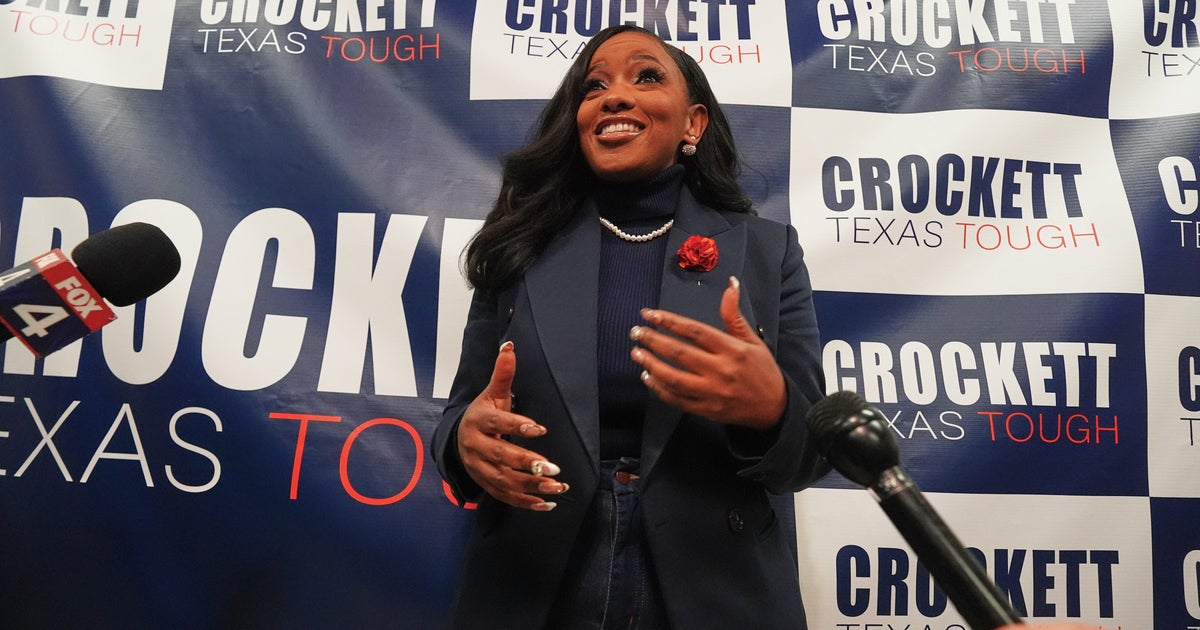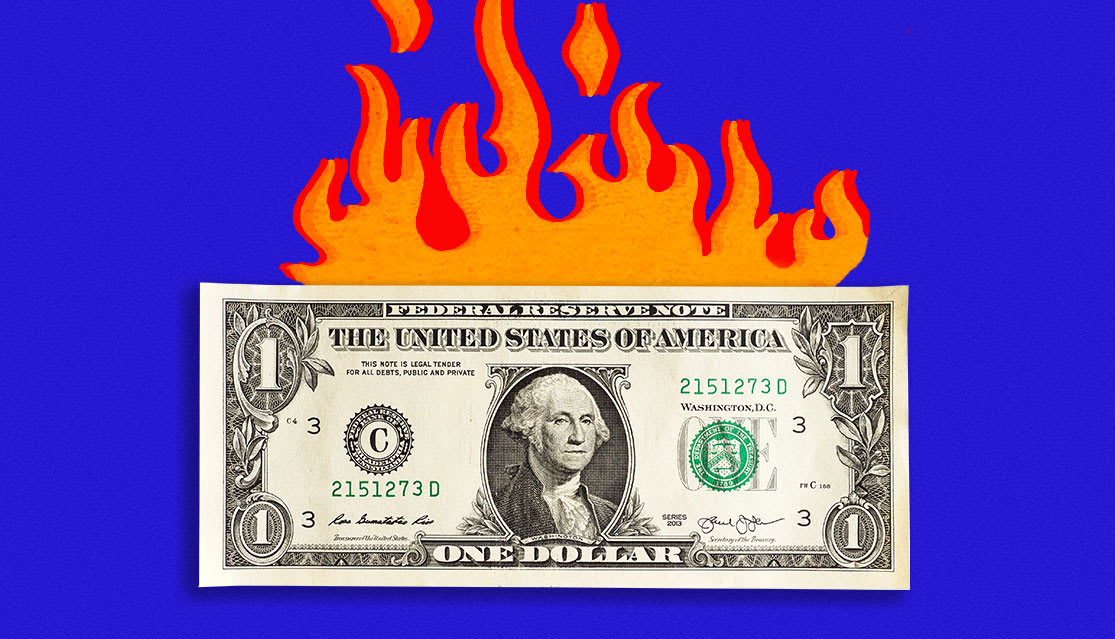White House announces new actions to address violence against Asian Americans
Washington — The White House is taking several new actions to respond to the increase in violence against Asian Americans and Pacific Islanders (AAPI) in the wake of mass shootings earlier this month which killed eight people, six of whom were women of Asian descent, and a significant rise in hate crimes against Asian Americans over the past year.
The administration said Tuesday that it is reinstating the White House Initiative on Asian Americans and Pacific Islanders, and expanding the initiative's original mandate to include coordination across federal agencies to respond to anti-Asian bias and violence, with a particular focus on gender-based violence against Asian Americans.
According to a White House fact sheet on the new actions, President Biden will also "appoint a permanent Director to lead the Initiative in the coordination of policies across the federal government impacting Asian American, Native Hawaiian, and Pacific Islander communities." The initiative was first established during the Clinton administration, and has been reinstated and expanded by subsequent presidents.
Prior to Tuesday, the White House had not taken action to reinvigorate the Initiative on Asian American and Pacific Islanders, which currently has no direct staff at either the Minority Business Development Agency (MBDA), where the initiative is housed, or other agencies that are supposed to designate liaisons.
Some AAPI activists have argued that the initiative should be moved to an agency which is better equipped to address the health and public safety issues faced by Asian Americans. The current page for the initiative on the MBDA website has also not been updated since Mr. Biden took office, as it features a picture of former President Donald Trump and his picks for the group, causing some concern that the current White House has not been fully interested in reshaping it.
Under the actions announced Tuesday, the Department of Health and Human Services will also allocate $49.5 million from the American Rescue Plan for "community based, culturally specific services and programs," which will aid AAPI survivors of domestic violence and sexual assault, who may face additional hurdles to receiving aid, such as language barriers.
The COVID-19 Health Equity Task Force, established by Mr. Biden in January, has also established a subcommittee on Structural Drivers of Health Inequity and Xenophobia, the White House said. This subcommittee will be specifically focused on combating the rise in anti-Asian bias during the pandemic.
The White House announced a comprehensive cross-agency initiative by the Justice Department to address anti-Asian violence, as well as allocation of new funding from the National Science Foundation to invest in research "to understand, address, and end bias, discrimination and xenophobia, including against AAPI communities," according to the White House fact sheet. The National Endowment for the Humanities also launched a virtual library to expand resources and provide information on Asian-American history.
"Today's announcements are additional steps in the Biden Administration's work to advance equity for Asian American, Native Hawaiian, and Pacific Islander communities through a whole-of-government approach to racial justice," the White House said.
Mr. Biden addressed the surge in crimes against the AAPI community during his first week in office, when he signed an executive memorandum condemning and combating racism, xenophobia, and intolerance against Asian Americans and Pacific Islanders in the U.S. Earlier this month, during his first prime time address, Mr. Biden condemned the violence against Asian Americans.
"Too often, we've turned against one another," the president said. "Vicious hate crimes against Asian Americans, who have been attacked, harassed, blamed, and scapegoated. At this very moment, so many of them, our fellow Americans, they're on the frontlines of this pandemic, trying to save lives, and still, they are forced to live in fear for their lives just walking down streets in America. It's wrong, it's un-American, and it must stop."
The remarks contrasted what his predecessor said from the presidential podium. Former President Donald Trump often called the coronavirus "the Chinese virus" and "the China virus," even using the racist phrase "kung flu" at campaign rallies. White House press secretary Jen Psaki has said the former president's language contributed to the rise in violence.
"I think there's no question that some of the damaging rhetoric that we saw during the prior administration, blaming — calling COVID, you know, the 'Wuhan virus' or other things led to, you know, perceptions of the Asian-American community that are inaccurate, unfair, that have elevated threats against Asian Americans, and we're seeing that around the country," Psaki said.
While advocacy groups have praised the administration's response, they have also urged Mr. Biden to take more concrete steps to address the violence. Stop AAPI Hate, a group that has been tracking it since the start of the pandemic, urged him to expand civil rights protections for individuals experiencing discrimination, support various legislative measures to focus on hate crimes, and direct the U.S. Attorney General to investigate and initiate civil actions related to anti-AAPI racism.
Representative Grace Meng, a Democrat of New York, and Senator Mazie Hirono, a Democrat from Hawaii, have introduced the COVID-19 Hate Crimes Act that would assign a point person at the Justice Department to expedite the review of COVID-19 related hate crimes.
Mr. Biden has come under fire from the AAPI community for not nominating any Asian Americans to one of the 15 permanent Cabinet positions. Last week, Hirono and Senator Tammy Duckworth of Illinois raised the issue of a lack of AAPI representation in the Cabinet during a Zoom call with White House senior advisers. Former Ambassador Susan Rice and senior adviser Cedric Richmond, both of whom are African American, are leading the effort to engage with Asian-American leaders and advocacy groups on the issue of hate crimes against the community.
Hirono and Duckworth issued an ultimatum, warning that they would not vote for any of the president's non-diverse nominees for other posts until they received a commitment to address the void with more Asian Americans in high level positions. Within hours, the lawmakers rescinded their warning after the White House pledged to add a senior level AAPI liaison to the administration.
in a statement responding to Mr. Biden's new actions, Duckworth said that "the AAPI community has endured a difficult, heart-wrenching year."
"There is no doubt that our community is still at risk. I applaud President Biden for recognizing our community's pain and taking concrete actions to protect AAPI individuals from violence and root out anti-Asian bias while also supporting the victims of hate crimes," Duckworth said.
The CBSN special "Asian Americans Battling Bias: Continuing Crisis" airs Wednesday at 6 p.m., 8 p.m., and 12 a.m. ET on CBSN. The one-hour special, hosted by Elaine Quijano, features roundtable discussions with Olivia Munn, Daniel Dae Kim, Cheryl Burke and other Asian-American celebrities and thought leaders. Download the CBS News app on your phone or connected TV to watch.






